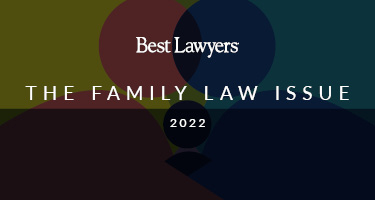By: Debbie Sandler
Federal law and the Pennsylvania Human Relations Act prohibit employment discrimination based on certain “protected classes,” including race, religion, disability and sex (among others). Neither sexual orientation, nor gender identity or similar classifications are specifically included in the statutes themselves. However, recent case law has seen an evolving definition of what it means to be discriminated against “because of sex,” with various courts applying a test that examines if an individual has been discriminated against because they do not meet the traditional societal expectations of what it means to be a man or a woman.
This month, the Pennsylvania Human Relations Commission (the Commission), the state agency tasked with investigating complaints of discrimination in employment, housing, education and public accommodations, issued a guidance announcing an expanded definition of what it considers to be discrimination based “on sex.” The Commission added sexual orientation and gender identity to its definition of protected groups, meaning that the Commission will investigate complaints of discrimination based on sex, sexual orientation, gender transition, transgender identity and/or gender expression.
Employers need to be mindful of the trend toward expanding the reach of anti-discrimination laws and to make sure that their recruiting, hiring, promotion, discipline and termination procedures are compliant with federal, state and local laws in all jurisdictions in which they operate.
For additional information or guidance on ensuring compliance with these laws and regulations, please contact Debbie Sandler (sandlerd@whiteandwilliams.com; 215.864.6203) or another member of the Labor and Employment Group.
































